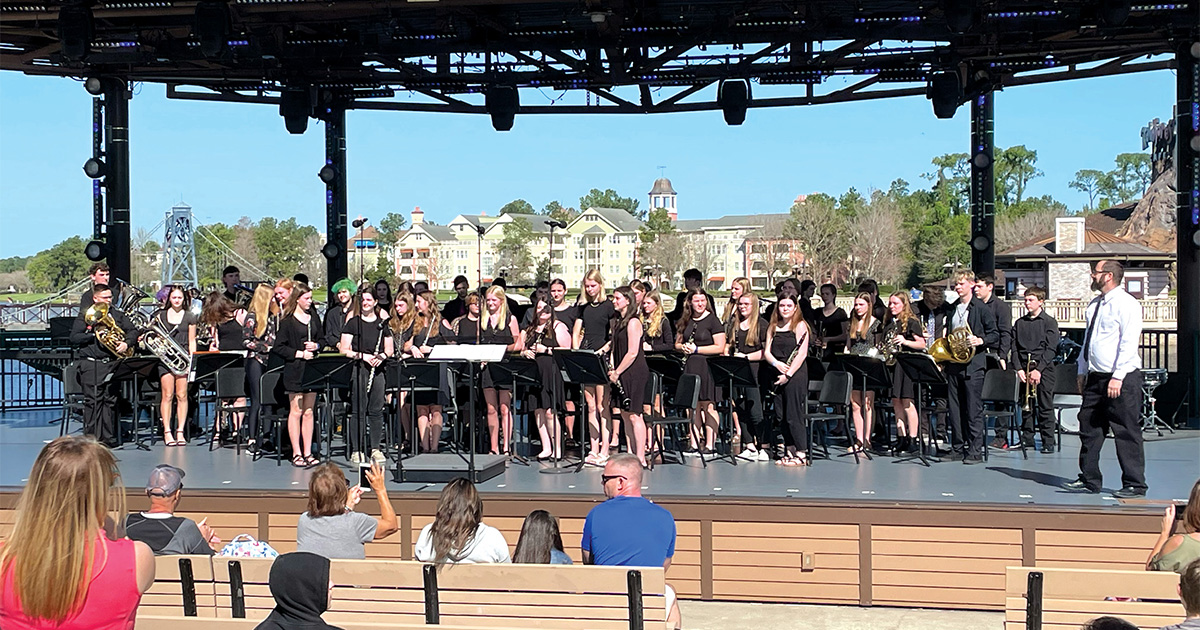Travel organizations that are Active Members in good standings with the Student & Youth Travel Association are proud of their extensive commitment to student group travel safety. To be a SYTA Active Member, these organizations must meet strict safety and financial stability standards and be a tour operator, receptive operator, travel agent, or travel planner of student group trips.
Over the past year and a half, SYTA has partnered with The Center for Student Travel Safety to develop a travel safety certification program designed to introduce the first-of-its-kind operational and safety standards to the student group travel industry, in an effort to enhance the overall safety of travel. In 2019, SYTA purchased CSTS to have this 501(c)(3) nonprofit organization independently oversee these standards and the rigorous Certified Student Travel Organization program developed during this partnership.
SYTA has a goal of sharing the vast experiences of its members when it comes to student travel and developing ways to reduce the chance of any unwanted event occurring during a tour. During the 25-year history of SYTA, members have adhered to strict performance and safety standards designed to improve the professionalism of the industry, while placing special emphasis on implementing best practices shared by members. When a SYTA travel organization leads tour groups, we strive to ensure these practices are in place. Because an organization might not perform leadership duties for a student tour and provide only the tour director, we offer you the Advice for Traveling Teacher Leaders document. This document covers some of our experience-based safety practices to help reduce the chance of a problem surfacing during your trip.
The list we are providing is not intended to be inclusive of every challenge a group could face when traveling. Each group is different and group leaders must assess the potential risks facing their group. Time and experience have shown that SYTA Active Members who follow these simple suggestions could reduce the chance of a problem surfacing. One of the new CSTO standards calls for travel organizations to share this form with their clients during the trip planning process. They will also train their tour directors to have this listing on-hand to share with the teacher leaders they travel with.
The document begins with a short introduction and then provides many recommended student travel practices for your consideration during your trip. You will find advice on practices to use when arriving at the hotel, using the pool, traveling by motorcoach, moving a group, and when at a dining facility, amusement park, or attraction, as well as when dealing with medical emergencies.
We hope you find these student group travel practices helpful and we wish you the best during your upcoming travel.
Please view the Advice for Traveling Teacher Leaders document.
Written by Michael Bowers, Student Travel Safety Consultant, Travel Safety Solutions LLC.




